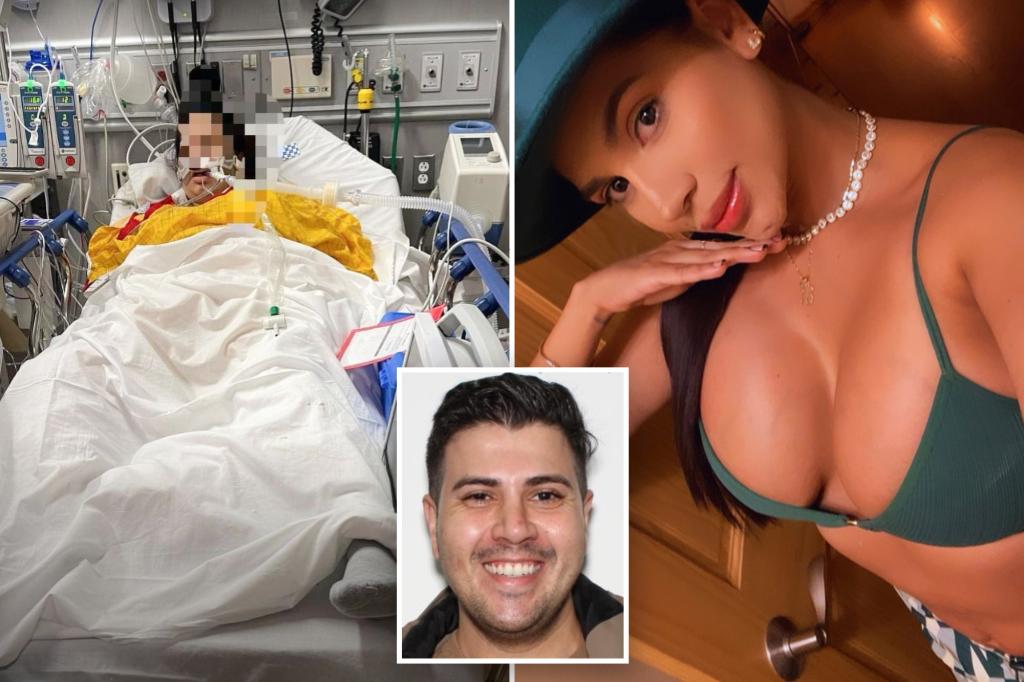Unraveling a Dark Mystery: Doctor Accused of Murdering 15 Patients in Berlin
A Berlin physician stands accused of murdering 15 terminally ill patients under his palliative care, sending shockwaves through Germany’s medical community. The 55-year-old doctor, whose identity remains confidential under German privacy laws, allegedly administered lethal doses of medication between 2019 and 2022 at a hospital in the city’s Pankow district. Authorities launched an investigation after colleagues reported irregularities in patient deaths, uncovering a pattern of suspicious cases. The scandal has ignited debates about medical ethics, patient trust, and safeguards in end-of-life care.
Chilling Details Emerge from Hospital Investigations
Prosecutors allege the doctor exploited his position to hasten deaths under the guise of pain management. Forensic analyses revealed toxic drug levels in all 15 victims—primarily elderly patients with advanced cancer or degenerative diseases. “The evidence suggests a systematic violation of medical protocols,” said lead investigator Klaus Weber during a press conference. “This wasn’t mercy; it was a breach of the Hippocratic Oath.”
Key findings from the probe include:
- Unauthorized access to restricted medications, including opioids and sedatives
- Missing documentation for dosage adjustments in 92% of cases
- Family members reporting unexpected deteriorations in patients’ conditions
Ethical Dilemmas in Palliative Care Under Scrutiny
The case has reignited discussions about euthanasia laws in Germany, where assisted suicide remains a legal gray area. While active euthanasia is prohibited, passive measures (like withholding treatment) are permitted under strict conditions. Dr. Anika Müller, a bioethicist at Charité University Hospital, warns against conflating the allegations with legitimate end-of-life practices: “Palliative care aims to alleviate suffering, not shorten life. One rogue actor shouldn’t undermine decades of ethical progress.”
Statistics underscore the stakes: Germany’s palliative care sector serves over 400,000 patients annually. A 2023 study in the Journal of Medical Ethics found that 78% of Germans trust their healthcare providers—a figure now under threat. “This case could erode public confidence when families are most vulnerable,” Müller added.
Systemic Failures or Isolated Horror?
Critics argue the hospital’s oversight mechanisms failed catastrophically. The doctor’s actions went undetected for nearly three years, despite Germany’s stringent medical auditing systems. Hospital administrator Petra Hoffmann acknowledged gaps: “We relied too heavily on professional trust. In hindsight, we needed tighter controls for high-risk medications.”
However, some colleagues defend the accused. A nurse who worked alongside him (speaking anonymously) described him as “compassionate but overwhelmed,” suggesting burnout may have played a role. Germany’s medical association reports that 60% of palliative care workers experience severe stress—a factor investigators are examining.
Global Precedents and Legal Ramifications
The Berlin case echoes high-profile medical murder trials worldwide, including:
- Harold Shipman (UK): The GP killed over 200 patients between 1975–1998.
- Charles Cullen (USA): A nurse convicted of 40 murders across multiple hospitals.
Legal experts predict a complex trial. “Proving intent is challenging in palliative contexts,” noted criminal lawyer Franz Bauer. “The defense may argue therapeutic misjudgment rather than malice.” If convicted, the doctor faces life imprisonment under Germany’s §211 statute for murder by stealth.
Rebuilding Trust in Healthcare Institutions
In response, Berlin’s health ministry announced emergency audits of all palliative facilities. Proposed reforms include:
- Mandatory second opinions for terminal sedation
- Real-time drug dispensing logs
- Whistleblower protections for staff
For victims’ families, however, reforms come too late. “We trusted the system to care for our mother,” said one daughter at a vigil. “Now we’re left wondering how many others suffered.”
As the case unfolds, it serves as a grim reminder of the fine line between compassion and crime—and the vigilance required to protect society’s most vulnerable. For those grappling with end-of-life decisions, experts advise consulting multiple specialists and reviewing treatment plans thoroughly.
See more WebMD Network



